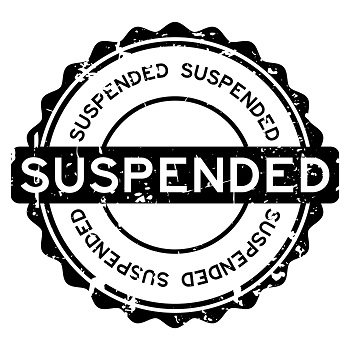
Understanding Driver License Suspensions And Revocations

When you get a driver’s license, it is not a document that lasts permanently. At minimum, your license will expire after a period of years.
Yet, even certain actions behind the wheel might cause you to lose your license. You might get a license suspension. In other cases, you could even face license revocations.
Depending on which scenario occurs, the penalties you face will vary. However, it is always best to avoid these losses. Here are some reasons why.
Why You Might Lose Your Driver’s License
Being able to drive a car is a privilege, not a right. To keep your license, you must prove that the authorities can trust you behind the wheel. Those who break driving laws show that they have high risks of causing wrecks and harm to others. The authorities have a right, in certain cases, to suspend or terminate your driving privileges. By doing so, they might cause you a hassle, but they will also better protect others on the road.
What Are Suspensions?
Drivers license suspensions are temporary terminations of your license and ability to drive a car. You might get a suspension for a variety of reasons, such as:
- Receiving multiple speeding or other traffic tickets
- Committing certain crimes behind the wheel
- Drinking and driving
- Using electronics while driving
- Causing car wrecks that harm others
Each state sets rules on which scenarios trigger license suspensions and the length of the penalties. These suspensions might last months or years. You might face fines or driving tests to reactivate your license.
What Are Revocations?
Many states define license revocations as harsher punishments than suspensions. Revocations often are the full loss of all qualifications to drive. They usually result from the most-severe driving infractions, and they place harsh punishments on drivers. To get your license back after a revocation, you might even have to undergo a full-relicensing process after time has elapsed.
Understanding The Penalties
Your punishment for license suspensions or revocations will vary. However, one of the most-frequent penalties is an increase in the premium on your car insurance policy. You might have to maintain a policy even while you have a suspension. However, when insurers see that you face a suspension, then they will likely recognize that you have committed a severe driving offense. That will signal to them that you are a high-risk driver and might have an increased chance of filing a policy claim. To safeguard themselves, insurers will often have to increase your premiums significantly.
If you get a license suspension, do not hide if from your insurer. Yet, do what you can to drive safely.
Categories: Auto Insurance
